
Registration

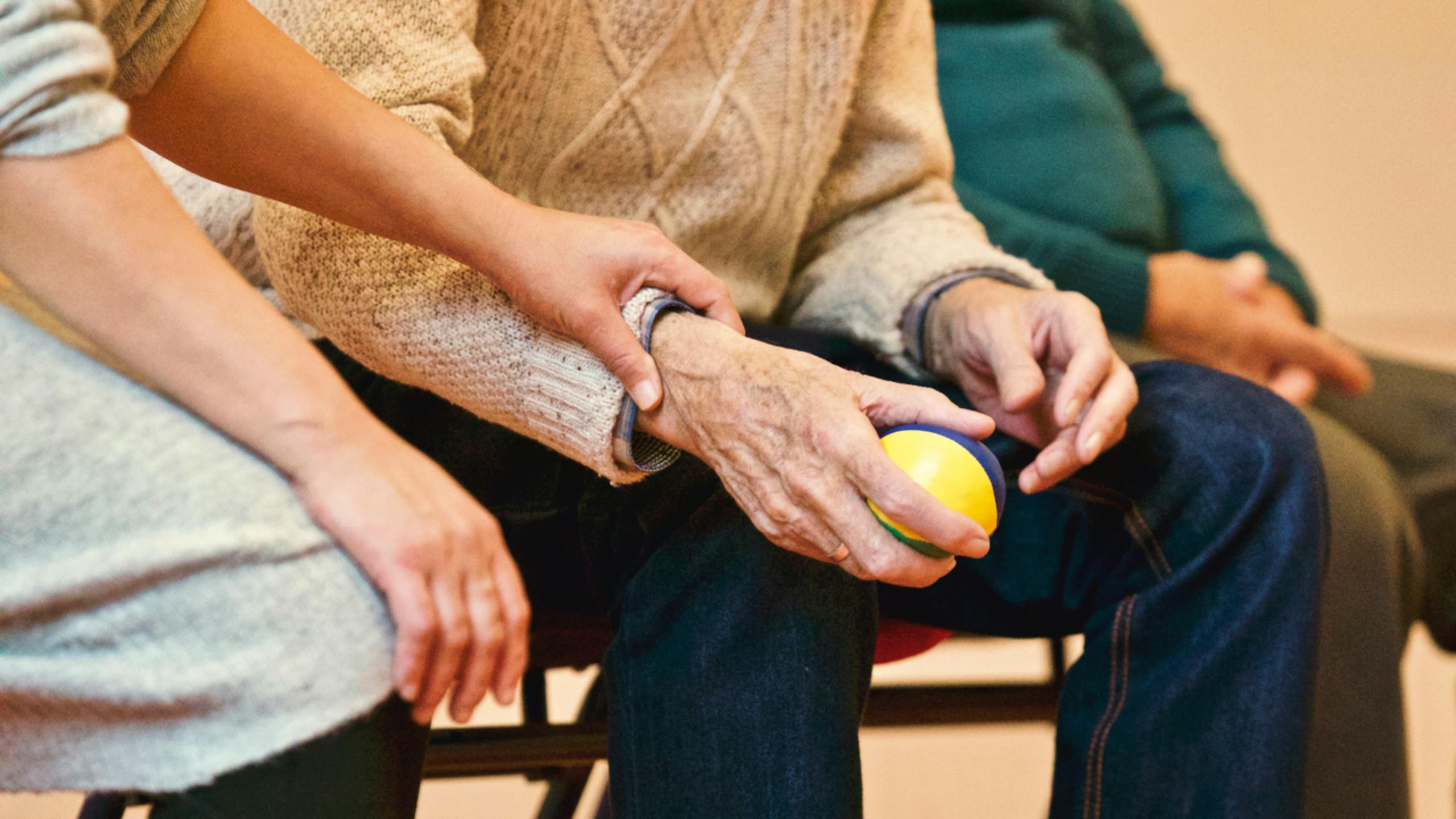
The study evaluates the effects of intensive Nordic walking on balance and gait in people with Parkinson's disease in a randomized, controlled pilot project.

A 12-week Nordic walking program improved walking distance and insulin resistance in elderly women, with greater benefits observed in those with elevated gamma-glutamyl transferase (GGT) levels.
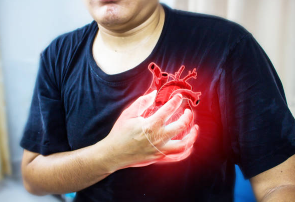
A clinical trial assessing the impact of Nordic Walking on heart failure patients, comparing its effects to standard rehabilitation.
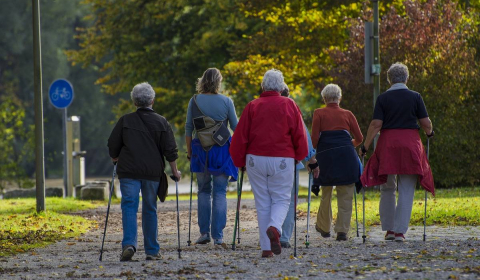
A literature review analyzing the effectiveness and safety of Nordic Walking in rehabilitation for older adults. Based on 37 randomized studies, it highlights NW as a beneficial and suitable physical activity for improving quality of life and reducing disability in the aging population.

A study of 16 women (aged 56–62) assessed the effects of a 6-week Nordic Walking program on body composition and cardiorespiratory fitness. Results showed significant reductions in body mass, body fat percentage, and BMI, while lean body mass remained unchanged.

Nordic Walking training significantly improves mobility and motor symptoms in people with Parkinson's disease, according to a randomized clinical trial conducted in Brazil.

Evidence-based review confirms the significant benefits of Nordic Walking in the rehabilitation of people with Parkinson’s disease, especially in the early stages.

A 4-week Nordic Walking program for women aged 48–58 led to significant improvements in physical fitness, including increased strength, flexibility, and walking distance. Participants also reported enhanced physical and mental health, indicating a positive impact on overall well-being.

Nordic Walking (NW) offers higher caloric expenditure and mild aerobic training benefits compared to normal walking (W), without increasing perceived exertion. This study, conducted in real-world outdoor conditions, confirms previous controlled research findings, highlighting NW as an effective outdoor fitness activity.
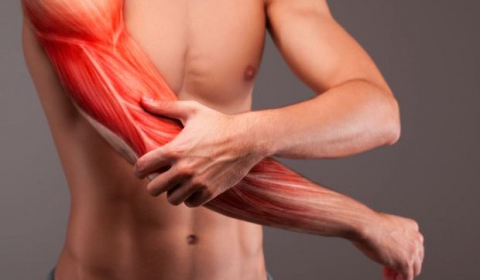
A 12-week Nordic Walking training program significantly improved lower body strength, gluteus maximus activity, and reduced body mass in women with low bone mass. No significant changes were observed in other lower body muscles or in the control group.
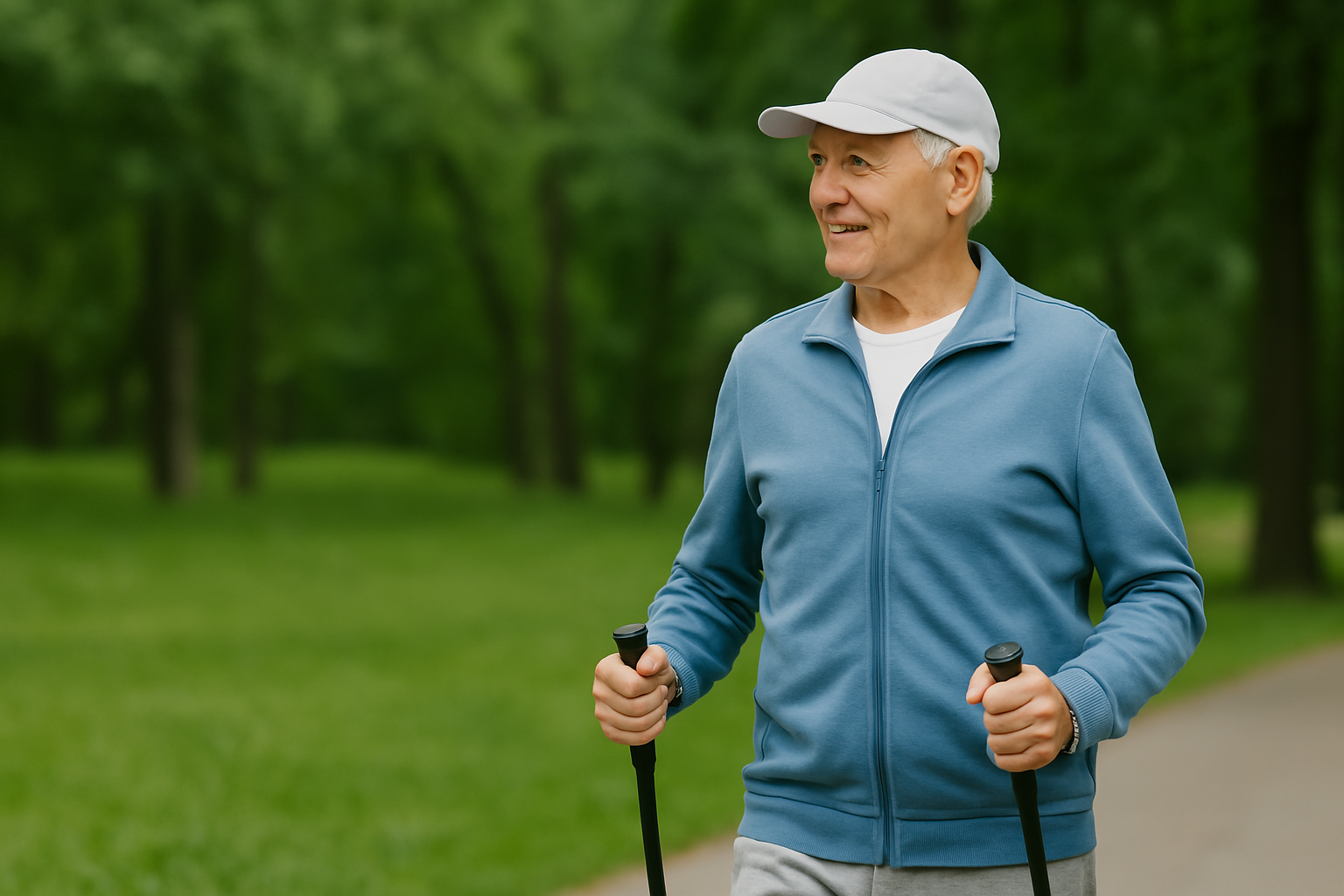
Nordic Walking significantly improves walking distance and reduces leg pain in patients with intermittent claudication – a low-cost, effective alternative to treadmill training.
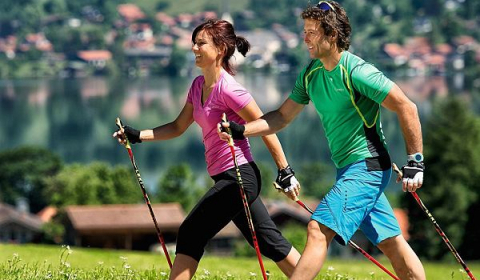
A 3-month Nordic Walking program in adults with hemophilia showed improvements in physical ability and body perception without increasing bleeding frequency or factor replacement use. The study suggests Nordic Walking is a safe exercise option for this population.
© 2024 onwf.org | Original Nordic Walking from Finland